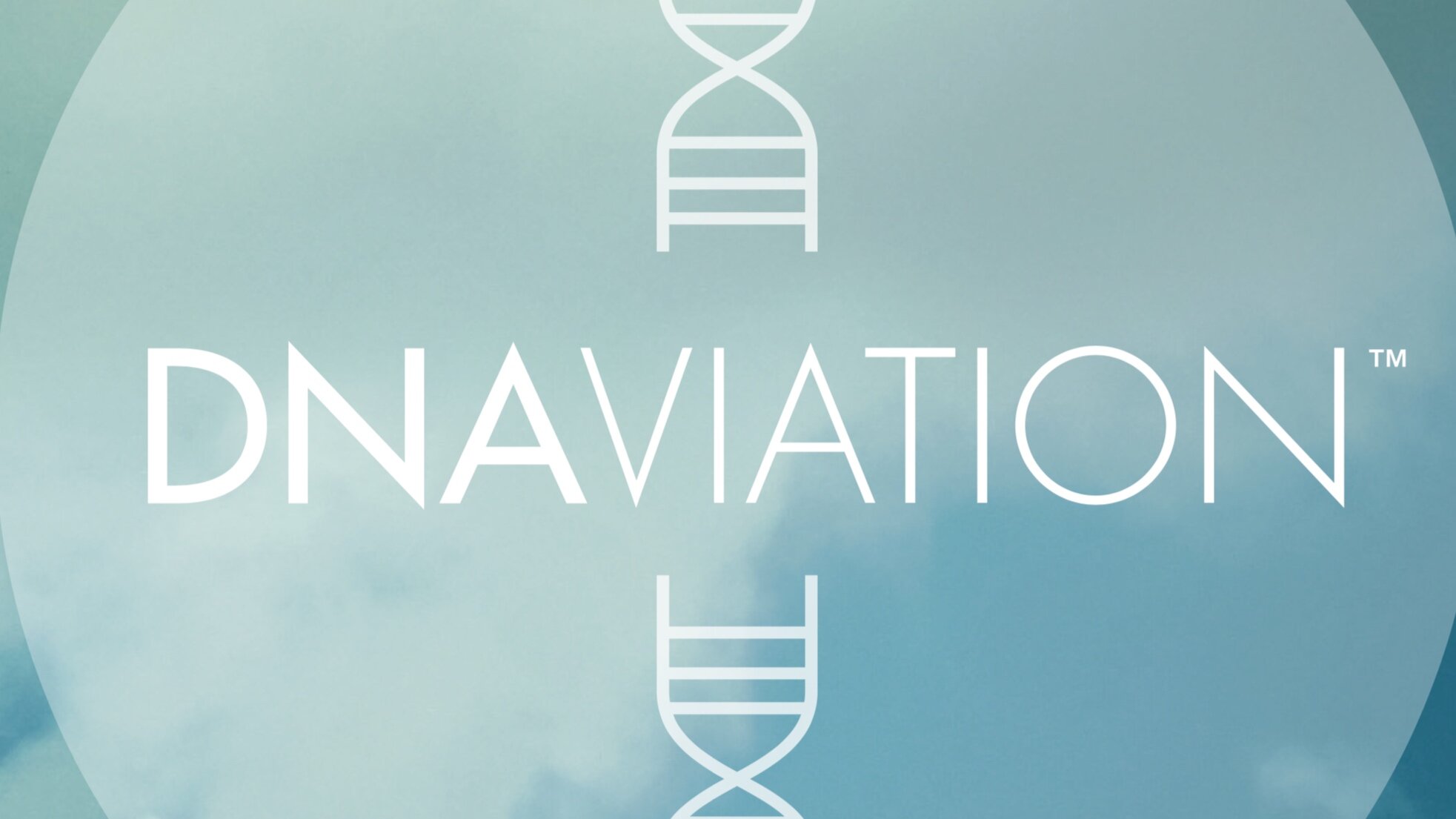Have you thought that it is in your DNA?
Determining what foods taste good, is an extremely subjective matter affected by host of factors including our genetic make-up.
Taste is not to be confused with flavour. Taste is a chemical sense perceived by specialised receptor cells, chemoreceptors on our tongue. About 50 chemo receptors makeup one taste bud and each person has between 5 – 10,000 taste buds which classify foods into the five groups: bitter, sweat, salty, spicy and savoury, with each chemoreceptor being replaced every 2 weeks. Taste, like smell, is a chemical sensory reaction. Receptors detect taste in our mouths activating a stimulus, which sends an electrical impulse to the brain, which then interprets what we are tasting. Flavour on the other hand, is a multi-sensory reaction; the brain processes flavour using smell, texture, thermal sensory and taste receptors.
Why some of us enjoy the taste of certain foods more so than others results in the interplay of a number of factors; our environment, culture, external pressures, physical features, personality attributes but importantly, our genetic makeup.
A study in 2006 found that a group of bitter tasting compounds present in certain vegetables are detected by a specific gene receptor, Tas2R38 (Reed, Tanaka, & McDaniel, 2006).Those that carry the dominant allele to express the specific ‘bitter’ gene are able to perceive the taste of the chemical propylthiouracil (PROP) whereas those whose Tas2R38 gene is not expressed cannot. A series of follow-up studies grouped people with and without the expressed gene into ‘super tasters’, ‘non-tasters’ and those who can perceive the taste but without a strong reaction, ‘tasters’. It is estimated that about 1 in 5 adults in the UK carry the Tas2R38 gene and are therefore classified as super tasters, about 20% are classified as non-tasters. In certain populations such as Japanese, Chinese and West Africans, non-tasters account for as little as 3% of the population.
Naturally, this genetic endowment affecting our ability to taste certain compounds in foods affects what we chose to eat. Super tasters or carriers of the bitter gene have a low tolerance to foods such as coffee, alcohol, kale, broccoli and pak-choi. The majority of taste studies to date have looked into the prevalence of the ‘bitter’ gene in particular, as opposed to other taste compounds, spicy salty etc and this is where it is important to highlight the factors beyond genetics that affect our taste decisions.
Our tolerance of bitter foods to one side, a more general perception of taste and what we like and don’t like requires a broader outlook beyond simply genetic predispositions. As suggested, whilst genetics plays a role, our food choices is an interplay of a host of other factors. The key is to distinguish between perceptions from preferences. We may be physiologically predisposed to react to a certain stimulus but our brain also filters the taste information through a number of other filters formed by our experiences and culture, completely unrelated to out biology.










